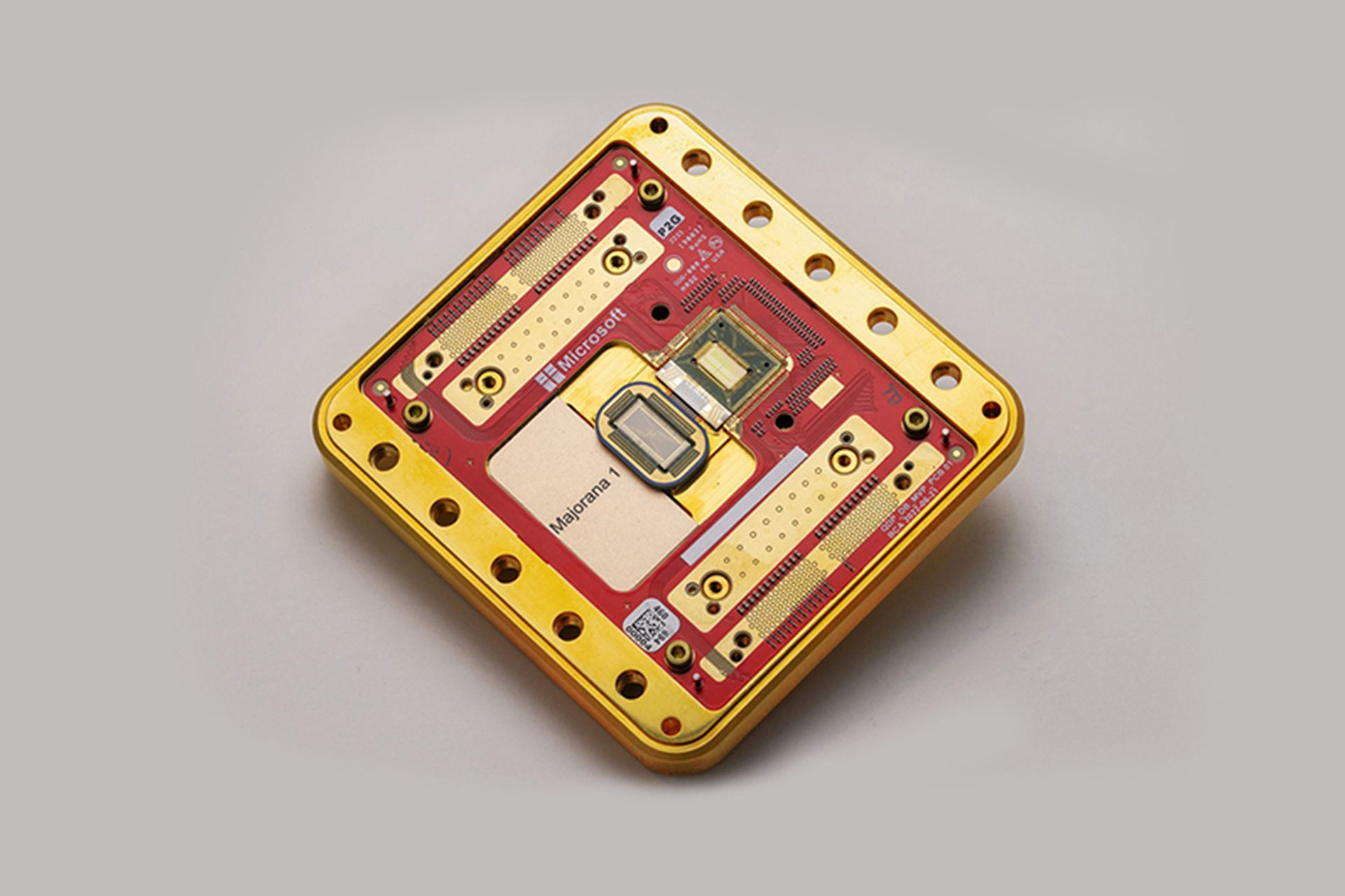Microsoft says it has made a research breakthrough that promises to greatly advance the development of quantum computing.
Redmond researchers said that they have developed a technology that will allow for the development of qubits at a much smaller and faster scale than previous methods, which could help make quantum computers more practical.
“Quantum computers promise to transform science and society — but only after they achieve the scale that once seemed distant and elusive, and their reliability is ensured by quantum error correction,” said Chetan Nayak, Microsoft technical fellow and vice president of quantum hardware.
“Today, we’re announcing rapid advancements on the path to useful quantum computing.”
Specifically, Microsoft researchers introduced Majorana 1, a self-contained quantum processing unit (QPU) capable of containing up to 1 million qubits.
The QPU represents a significant step forward in making quantum computers more powerful and practical for use in more environments.
Central to the advancement is what Microsoft called a “new state of matter” in the form of topological superconductivity, which allows for the creation of a new type of qubit: the units at the heart of quantum supercomputing.
The Majorana qubits, it is said, would be more reliable and robust than qubits created by other methods.
“External energy — such as electromagnetic radiation — can break Cooper pairs, creating unpaired electrons that can flip the qubit’s state from even to odd parity,” Nayak explained.
“However, our results show that this is rare, occurring only once per millisecond on average. This indicates that the shielding that envelops our processor is effective at keeping such radiation out.”
The development of Majorana 1 is another step in Microsoft’s plan to develop a quantum supercomputer. The vendor said that, among other groups, it is working with DARPA on quantum computing projects. The hope is that, thanks to unique properties of qubits, quantum computers will prove to be far more powerful and capable of complex problem-solving than transistor-based systems.
The development of quantum computing platforms is of particular interest to those in the information security field. It is believed that, once fully realized, quantum supercomputers would be able to make short work of even today’s most advanced encryption ciphers.
This would be both a blessing as a curse, as cracking encryption standards could leave organizations vulnerable to spying at the nation-state level but could also help advance the creation of new, more secure encryption methods.
Experts have predicted 2025 to be a critical year in the development of quantum computing, with many predicting organizations will need to begin making plans for how they could respond the realizations of a quantum computing landscape.




